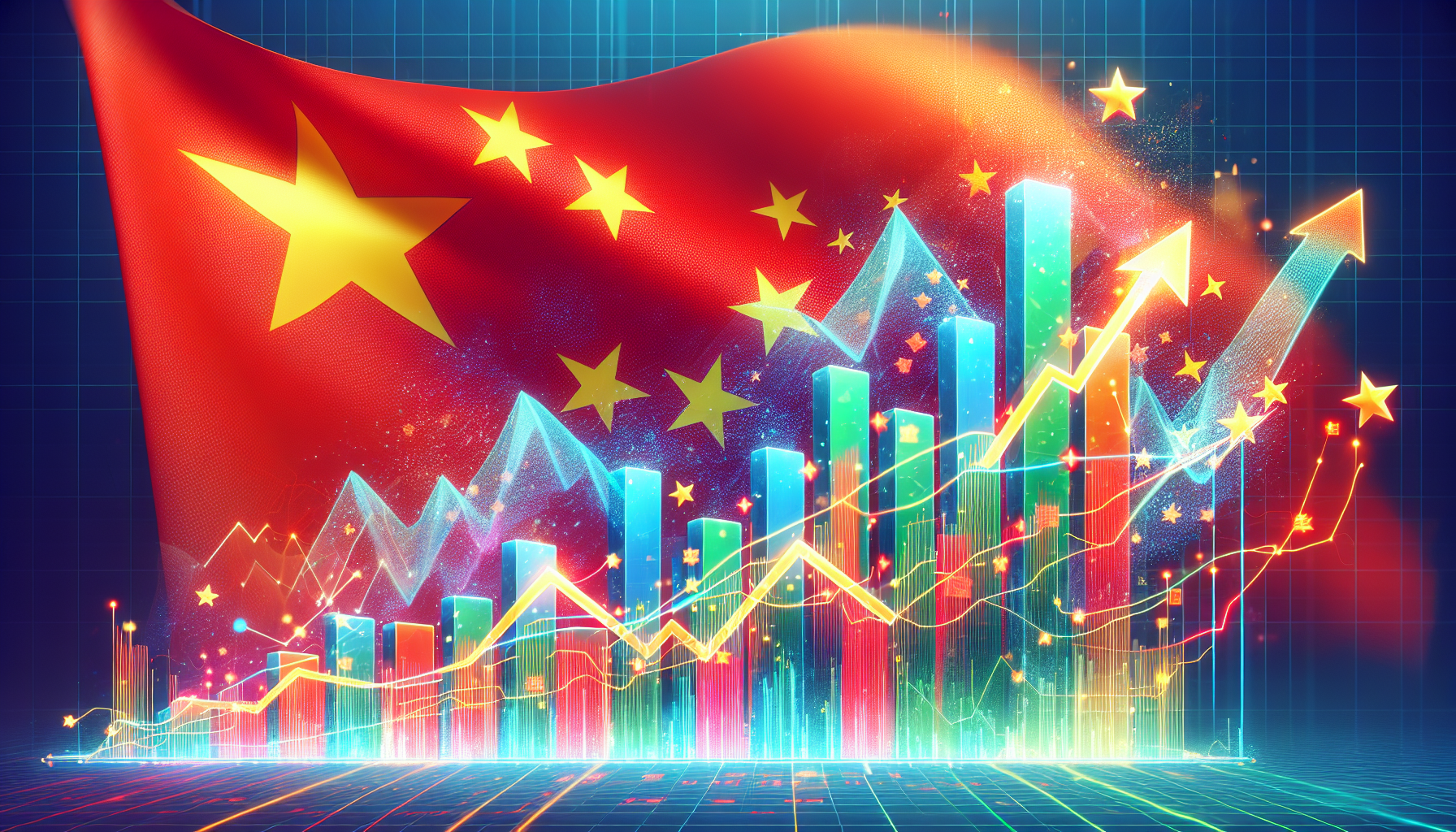The news over the weekend that electronic goods from China are now subject to a lower tariff level should help boost the stock market. That’s according to Fundstrat head of research Tom Lee. “Everything that happened over the weekend, including the Sunday further explanations, all of this is still unequivocally positive for stocks,” Lee said Monday.
On Saturday, the White House confirmed that many electronic devices and components from China had been made exempt from the largest tariffs. However, Trump and his advisors pushed back against the idea that electronics now had a tariff “exception.” They said the goods had been moved to a different category of tariffs and would also be subject to separate semiconductor-specific import levies in the future. For now, the Chinese electronics appear to be subject to a 20% tariff only, instead of the reciprocal tariff that is above 100%.
The lower tariffs could be a significant change for some major American companies that have extensive supply chain exposure to China, including Apple. Lee said the rollback is a sign that President Donald Trump is listening to business leaders about their concerns with the tariffs. “They’re caught up in this tempest and they need the time to actually change supply chains.
That’s why I think this exemption — even if it’s just a stay of execution — really buys time for companies,” Lee said.
Lower Chinese tariffs boost stocks
The Fundstrat co-founder also said he believes his firm’s year-end target for the S&P 500 of 6,600 is “still possible.” That would be an increase of 23% from where the index closed Friday.
Lee suggests that the de-escalation of the trade war between the US and China could serve as a catalyst for a significant reversal in the stock market. In an interview with CNBC Television, Lee explains that cooling tensions in tariff negotiations would reduce the likelihood of an economic recession. “We know markets have gotten very pessimistic, with a 60% probability of a recession priced in,” Lee states.
“If tariff negotiations de-escalate, then that probability isn’t as high. There’s still a large window for markets to rebound, but it hinges on the de-escalation path.”
Lee advises investors to monitor the developments in the US-China tariff dispute closely. He notes that retaining the current high levels of reciprocal tariffs could spell trouble for the global economy.
Should one nation capitulate or the situation ease – a likely scenario according to Lee – it could initiate a market turnaround. “The US and China have absurd levels of reciprocal tariffs at the moment. If those stay in place, the global economy is in jeopardy, and a bearish outlook is warranted.
But if there’s even a glimmer of détente, then the downside risk diminishes significantly, and I believe stocks can perform well for the remainder of the year,” Lee concludes.

